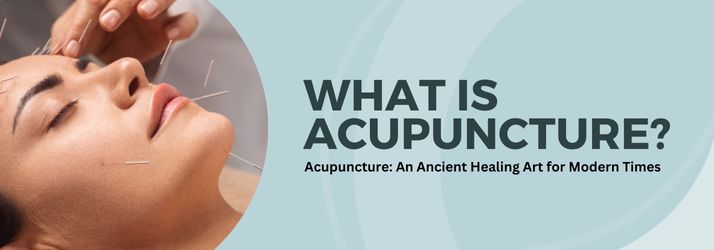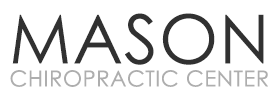What is Acupuncture in CITY* STATE*?
What is acupuncture?

Acupuncture, a key component of Traditional Chinese Medicine (TCM), has been practiced for thousands of years. As an ancient healing art, it continues to gain recognition and acceptance in modern healthcare systems worldwide. In this article, we will explore the foundations of acupuncture, its historical roots, and how this time-tested therapy continues to provide relief and promote well-being in the contemporary world.
The Fundamentals of Acupuncture
Acupuncture is a form of alternative medicine that involves the insertion of thin, sterile needles into specific points on the body, known as acupuncture points or acupoints. The underlying principle of acupuncture is the belief in the existence of a vital life force, or "Qi" (pronounced "chee"), that flows through channels called meridians. Acupuncture aims to restore balance and promote the smooth flow of Qi, thereby improving overall health and well-being.
A Glimpse into the History of Acupuncture
The origins of acupuncture can be traced back over 2,500 years to ancient China. The earliest known written record of acupuncture is the "Huangdi Neijing" (The Yellow Emperor's Classic of Internal Medicine), a medical text dating back to around 100 BCE. However, archaeological evidence, including sharpened stones and bone needles, suggests that acupuncture may have been practiced even earlier, perhaps as far back as 3000 BCE.
Throughout history, acupuncture has evolved and adapted, integrating new techniques and theories as it spread across Asia and eventually to the West. The first Western reference to acupuncture appeared in the 16th century when European explorers and missionaries encountered the practice in China. Acupuncture gained broader recognition in the West during the 20th century, with increasing interest in alternative and complementary medicine.
Acupuncture Today
Today, acupuncture is practiced worldwide, with professional practitioners integrating both traditional and modern approaches. In addition to the classic needle-based technique, contemporary acupuncturists may also utilize electroacupuncture, laser acupuncture, or acupressure as part of their treatment protocols.
Acupuncture is used to treat a wide range of conditions, including:
- Chronic pain: Acupuncture has been shown to be effective in managing various types of pain, such as low back pain, neck pain, and headaches.
- Mental health: Acupuncture has been used to treat anxiety, depression, and stress-related disorders.
- Digestive issues: Acupuncture can help alleviate symptoms of irritable bowel syndrome (IBS), constipation, and gastritis.
- Respiratory problems: Acupuncture has been employed to treat asthma, allergies, and sinusitis.
- Reproductive health: Acupuncture is often used in conjunction with fertility treatments and to address menstrual disorders.
The Integration of Acupuncture into Modern Healthcare
In recent years, acupuncture has been increasingly integrated into modern healthcare systems. Many hospitals and medical clinics now offer acupuncture services alongside conventional treatments, and an increasing number of medical professionals are incorporating acupuncture into their practice. Additionally, numerous studies and clinical trials have been conducted to evaluate the effectiveness of acupuncture, leading to a growing body of scientific evidence supporting its use in various conditions.
Acupuncture is an ancient healing art with a rich history dating back thousands of years. As a fundamental component of Traditional Chinese Medicine, acupuncture has evolved and adapted over time, providing relief and promoting well-being across various cultures and eras. In today's world, acupuncture continues to play a vital role in healthcare, with its integration into modern medical practices and growing scientific support. By harnessing the wisdom of ancient practices and embracing the advancements of contemporary medicine, acupuncture remains a powerful tool in the quest for health and well-being, transcending the boundaries of time and culture. If you are considering acupuncture as a potential treatment option, consult with a licensed practitioner to determine if it is suitable for your specific needs. Through the skilled application of this time-tested therapy, countless individuals have found relief from pain, improved mental health, and a renewed sense of balance, making acupuncture an enduring and valuable addition to the ever-evolving landscape of healthcare.
OFFICE HOURS
Monday
8:00am - 12:00pm
1:00pm - 6:00pm
Tuesday
8:00am - 6:00pm
Wednesday
8:00pm - 6:00pm
Thursday
8:00am - 6:00pm
Friday
8:00am - 6:00pm
Saturday & Sunday
Closed
CLINIC NAME*
ADDRESS*
CITY*, STATE* ZIP*
(000) 000-0000


